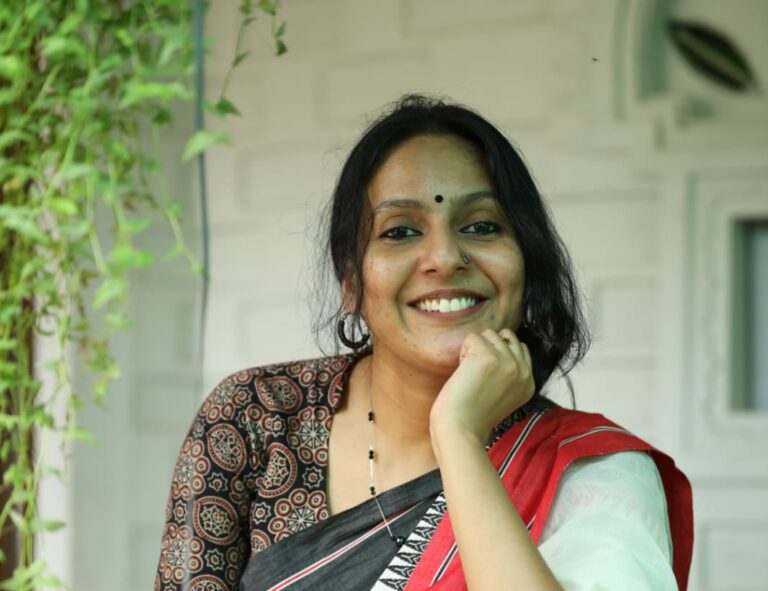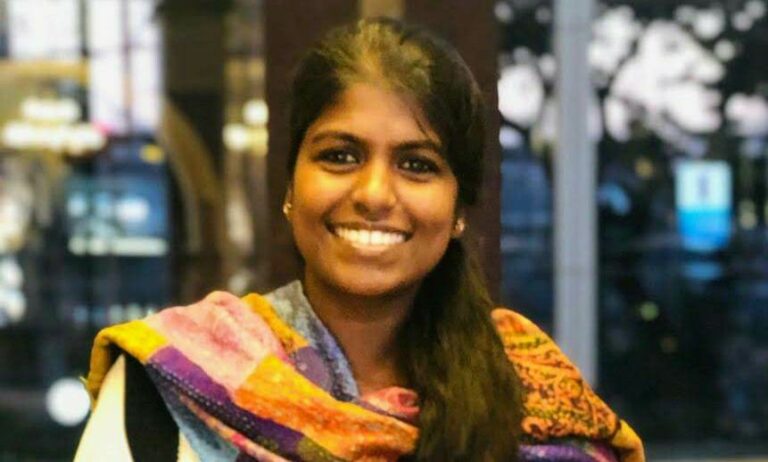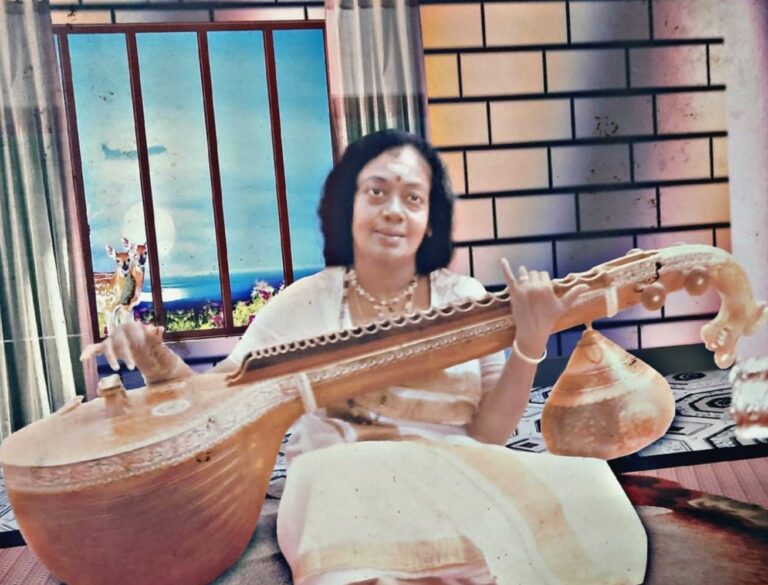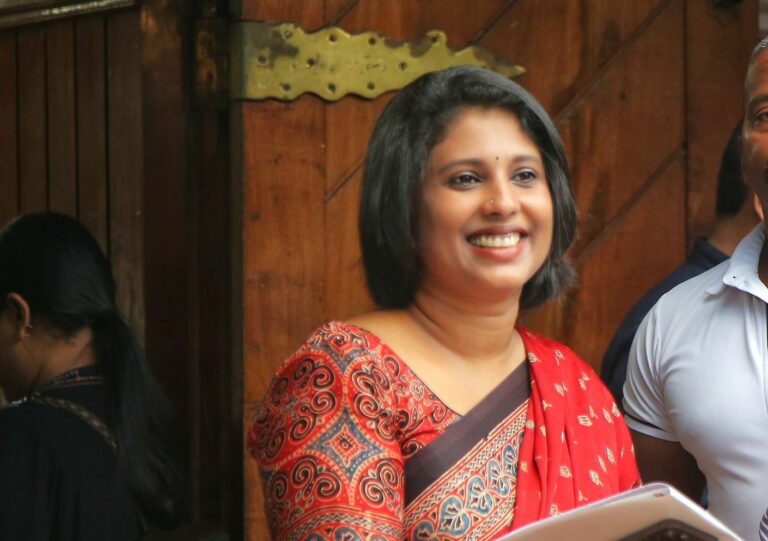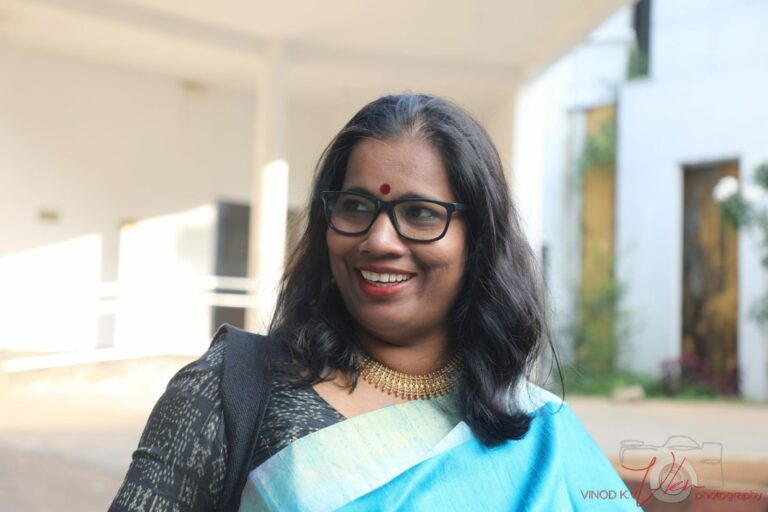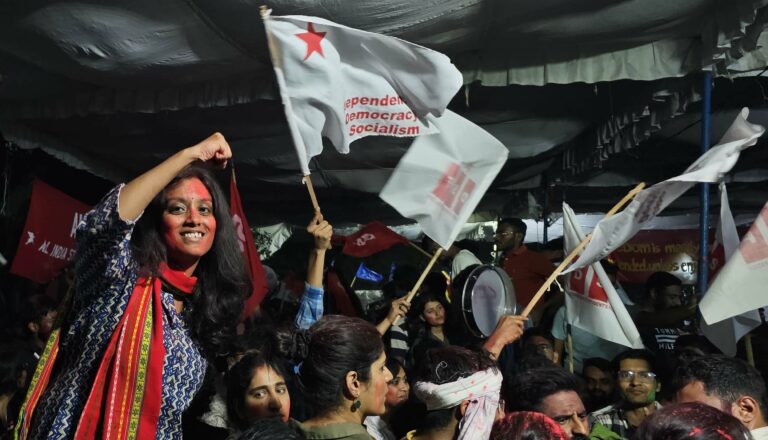
It was on August 5, 2019, the BJP government abrogated article 370 and bifurcated the state of Jammu and Kashmir into two union territories – Jammu and Kashmir and Ladakh. A year after the major political change, lives of people in Kashmir is caged, says CPIML politburo member Kavita Krishnan. She speaks to Kavya Kamal on the issue.
It has been a year since the abrogation of Article 370 and the bifurcation of the state of Jammu and Kashmir. How have lives in Jammu and Kashmir changed?
Since the abrogation of Article 370, Kashmir continues to be caged. Only 2G internet is allowed, which amounts to no internet. Kashmiri political prisoners continue to be jailed in large numbers, under draconian laws, many in prisons far from Kashmir, with no possibility of bail or release in sight, although there is no evidence of any crime committed by them.
Rather, the changes in the domicile law (made without Kashmiri people having any democratic say in the matter) mean Kashmiris are being dispossessed and displaced from land and jobs. Remember, such domicile provisions exist in many other states of India!
The history and identity of J&K are being erased from maps and books. The National Council of Educational Research and Training (NCERT) has just deleted a section of the chapter on ‘Regional Aspirations’ from Class 12th Political Science textbook.
The deleted portion dealt with Kashmir’s separatist politics, briefly sketching the complex dynamics of separatism, and urging for peace. Instead, there will be a chapter on the voiding of Article 370 and the breaking up of the state into Union Territories, describing it as a step towards inclusion of Indian citizens in J&K!

A month ago, we saw many people in India voicing their strong opinions about #blacklivesmatter. Ironically, hardly anybody voiced for the Kashmiri lives. How entrenched is the whole issue of not speaking up for our fellow men in Jammu and Kashmir?
In the US, too, it has taken a very long time for the slogan “Black Lives Matter” (in the context of killings of Black people at the hands of police and racists) to gain acceptance in the broader society. Some prominent Indians have hopped onto the #blacklivesmatter twitter trend now that it has finally gained wider acceptance.
But these same celebrities are silent on killings of women, Muslims, Dalits, poor people, Kashmiris by persons in uniform in India. Here, those of us who speak out on this matter are branded “anti-national” (as in the US by President Trump). So, we need to keep struggling to amplify the voices that do in fact speak out and fight on matters of Constitutional rights and civil liberties of citizens, and of the people from oppressed communities.
In the last 10 months, Jammu and Kashmir High Court has confronted nearly 250 Habeas Corpus petitions challenging detentions under the draconian Public Safety Act. How do you comprehend this?
Sadly, there is nothing unprecedented about this. It has been the norm in Kashmir for a very long time. Kashmiri leader MasratAlam, for instance, has been charged in 36 PSA cases since his initial detention in 2010. Each time the High Court ruled against his detention, a new PSA case was filed against him. So, he has been in prison without trial since 2010, for a full decade!
The UN OHCHR report on Kashmir noted that “Special laws in force in the state, such as the Armed Forces (Jammu and Kashmir) Special Powers Act, 1990 (AFSPA) and the Jammu and Kashmir Public Safety Act, 1978 (PSA), have created structures that obstruct the normal course of law, impede accountability and jeopardize the right to remedy for victims of human rights violations.
Over 1,000 people were detained under the PSA between March 2016 and August 2017. Human rights groups had warned Jammu and Kashmir authorities that minors were being arrested under the PSA in 2016 and 2017.”
This report added that “PSA does not provide for a judicial review of detention, and state authorities have been countering orders by the Jammu and Kashmir High Court to release people detained under this law by issuing successive detention orders. This tactic has been used to keep people in detention for several weeks, months and, in some cases, years. The Supreme Court of India has described the system of administrative detention, including PSA, as a “lawless law.”

Government has made big promises while scrapping the special provisions for Jammu and Kashmir. What is the reality on ground?
Tourism, horticulture, continue to be devastated in J&K. Students not only in Kashmir but also in Jammu are protesting the 2G internet which is preventing them from accessing education and job opportunities, the more so during the pandemic. As for investments, in the past year, no corporate house has yet invested in J&K, in spite of the hype we heard last year.
Why? Economist Dr HaseebDrabu says, “Ferrying a plane load of central ministers over a weekend and having a few roadshows run by bureaucrats is hardly the way to whet the investor’s appetite.”
He explained, “Legislatively, neither Article 370 nor Article 35 A were barriers to corporate investments in J&K. The key issue of restriction on land ownership by people from outside the state wasn’t operative for corporates. In J&K land for industrial investments has been available to outsiders and foreigners all through; a 90 year lease, renewable further, in all the industrial estates, has been the stated government policy. That too at throw away prices. Even the State Subject Notification of 1927, which introduced the restricted land ownership regime, had a provision for corporates and investors from outside of J&K to get land. So, restrictions on land ownership could not have been a constraint for corporate investment.”
Dr Drabu adds that the situation for investors has in fact worsened since last year: “(Before 5 August last year) the legislative optics was bad, the procedural reality was quite different. Now it is the other way round; the legislative optics are looking “good”; outside investors are “free to buy land and invest’. But the operational ground situation may have just become adverse. The enabling environment to do business was never as hostile as it has become now. Not even during the peak of militancy. On the ground and in the streets, private corporate investments are being seen as outposts of the Indian state. That is a huge negative.”
What is your say on the confinement of opposition leaders in Jammu and Kashmir? What is the state of democracy in the region?
The confinement of opposition leaders in J&K is a scandal. It exposes, better than anything, the claims of “normalcy” and progress being made by the Modi regime. If Kashmir is not caged, as they claim, why are political leaders from former CMs to mohalla/gully level organisers in prison for no crime?
Now, even in Ladakh where initially the UT status was welcomed, people are asking why there is no democratically-elected representation. They are saying, if UT status means Union rules rather than the people of Ladakh, they prefer the earlier arrangement!
(https://thediplomat.com/2020/08/after-a-year-as-a-union-territory-dashed-hopes-in-ladakh/)
A commentator from Ladakh has written: “In Ladakh’s first year as a UT, bureaucrats have been allegedly empowered, while locally elected representatives are slowly disempowered. In April 2020, a 45-minute audio clip of a conference call among Ladakh’s BJP politicians and party high command surfaced. In the audio, politicians from both Kargil and Leh are complaining about how the UT administration is taking unilateral decisions without consulting elected leaders. Someone purported to be Jamyang Tsering Namgyal, BJP MP from Ladakh, uses the term “dictatorship of the UT administration” to describe the state of affairs.” (https://thewire.in/government/ladakh-union-territory-one-year)
As claimed by the government, do you think militancy in the state has cut down? If not, what according to you can reduce bloody affairs of the state?
In the past year, reportedly 155 militants and 40 personnel were killed in 71 gunfights; 70 youth joined militancy in Kashmir. (https://www.thekashmirmonitor.net/from-august-to-august-155-militants-40-personnel-killed-in-71-gunfights-70-youth-joined-militancy-in-kashmir/ )
But the issue of terrorism is more complex than mainstream TV media would make us believe. Remember Davinder Singh? The J&K police officer caught ferrying terrorists to Delhi to carry out a terrorist operation around Republic Day? Afzal Guru was on record stating that Davinder Singh was his torturer, and it was on the latter’s orders that he arranged a car and a rented house for one of the men who carried out the Parliament Attack. Davinder Singh is also suspected to be behind terror attacks in Shopian in 2017 and Pulwama in 2019. Why are we not hearing any news about Davinder Singh anymore?

The only way forward to peace is a democratic way: that is willing to listen to pain and aspirations of the people of J&K and make reparations for the atrocities inflicted on them in the past, and find a solution that is in keeping with the dignity of the people of J&K.
